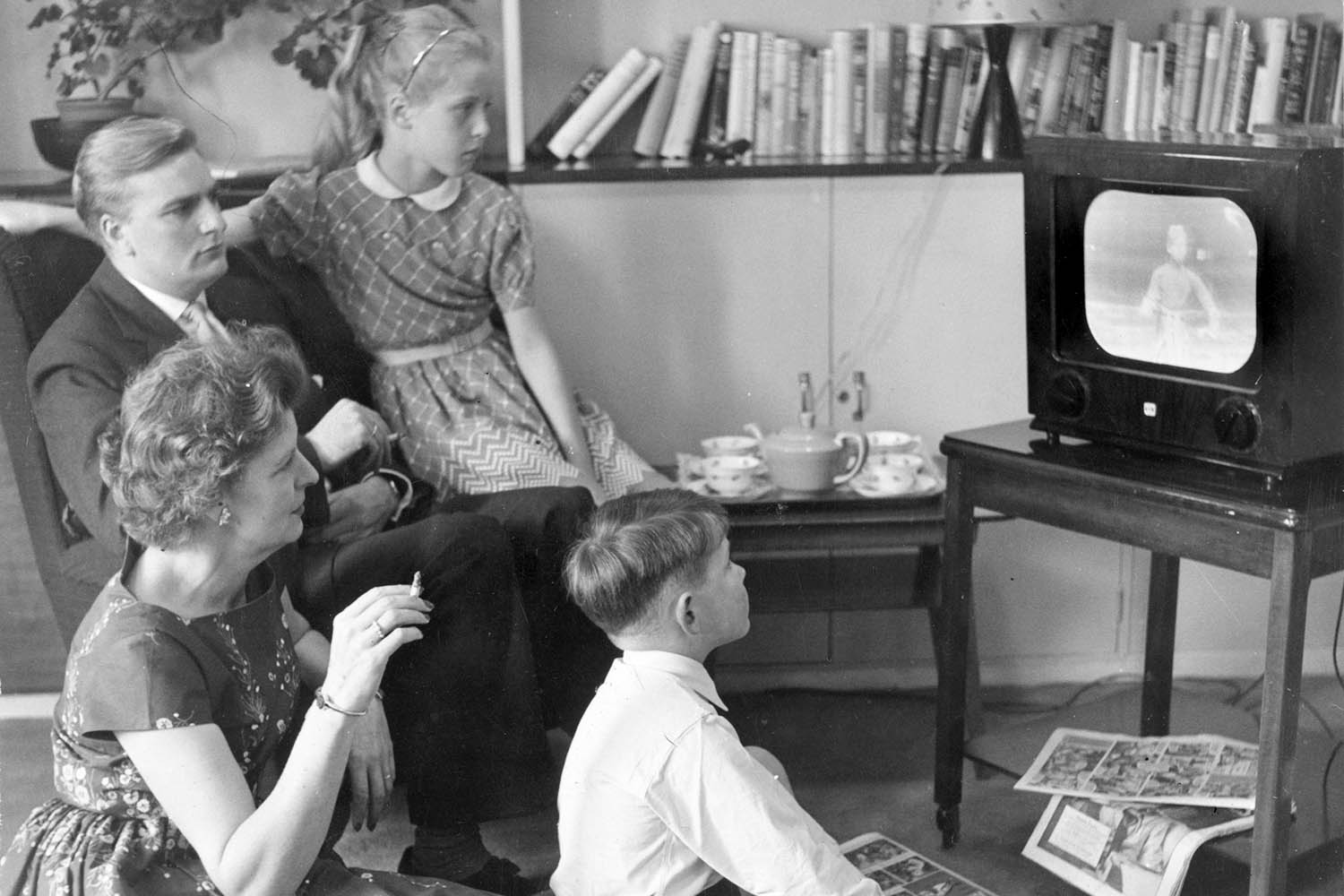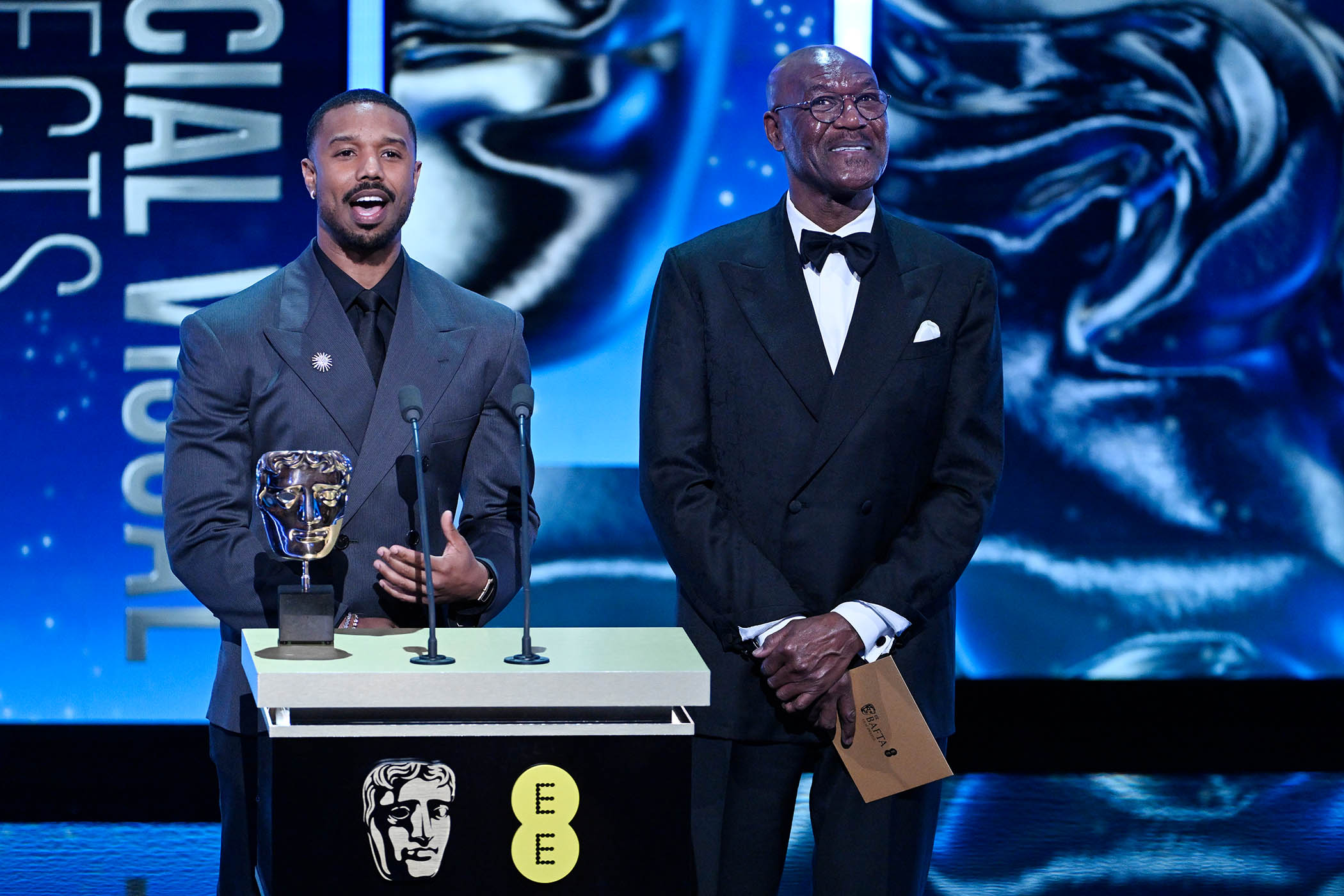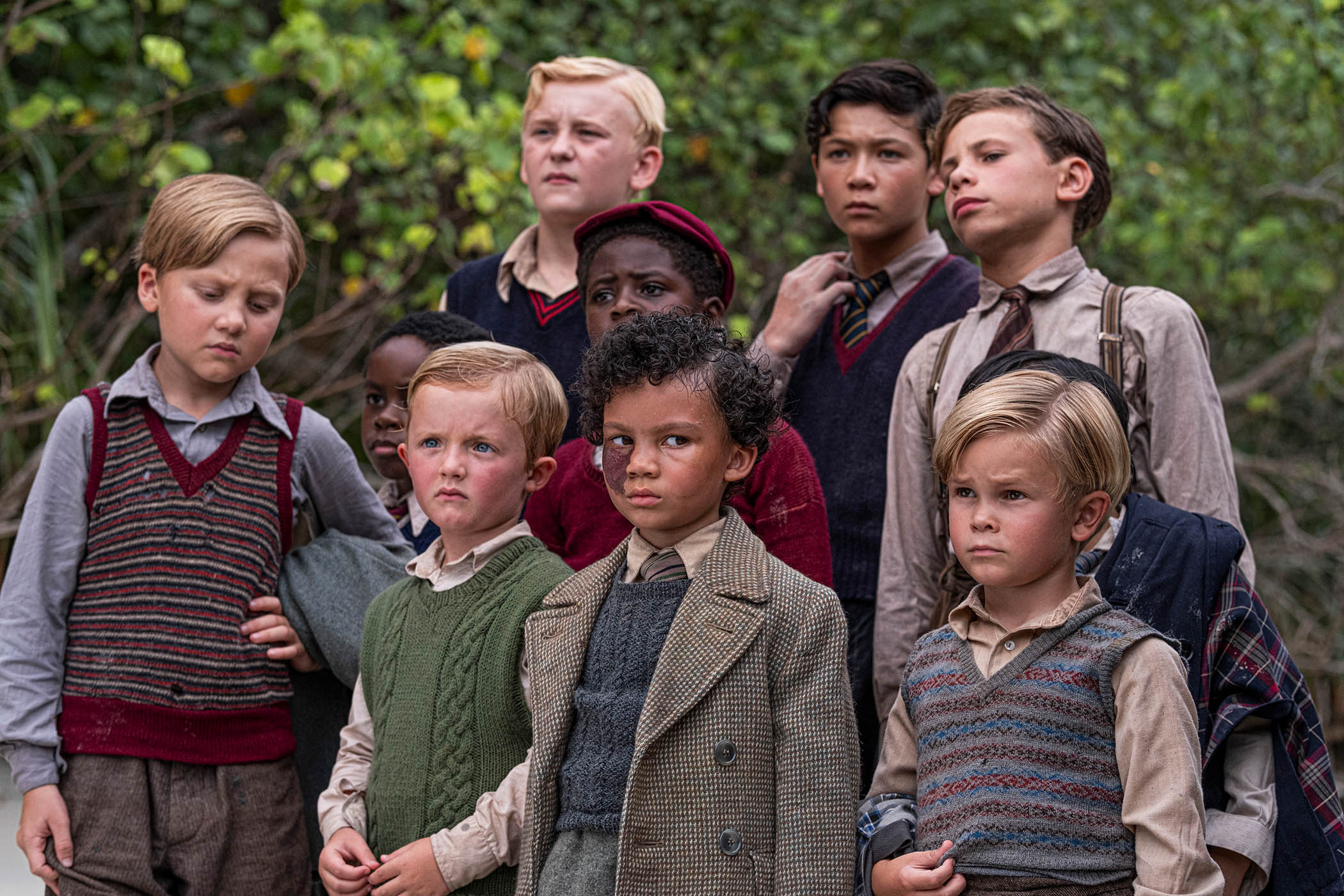As a passionate devotee of the BBC and a lover – and user – of archives, I feel like weeping with despair at our national broadcaster’s statement about its sudden restriction of access to its written archives: “Given the level of resource available, we are moving to a series of structured content releases rather than individual requests for specific content, which will open up the written archive further and deliver greater value for licence fee payers.”
It’s worth explaining how an archive works, because many people don’t have the chance to use them. “Individual requests for specific content” is the whole ballgame. I wrote a book about Washington Roebling, chief engineer of the Brooklyn Bridge; his family’s archive is split between Rensselaer Polytechnic Institute in upstate New York and Rutgers University in New Jersey. In order to see these papers , I arranged to visit the archive, made an individual request and was handed a sequence of grey archival boxes, rolls of microfilm and photographs. This was the only way I could write my book. This is what an archive is, and how it functions.
Think about it. “Structured” content releases about the Roebling family (say) would have been no use to me at all. I’d have got slivers of information; I might only have seen what the institution – for whatever reason – wanted me to see. This is no bloody good at all.
An archive is the raw material of history. It is heritage. It is what we need to make sense of who and what we are as we head for an uncertain future. Furthermore, if that archive is the archive of the BBC – the British Broadcasting Corporation, paid for by you and me over the last century – it belongs to us. It is our history. Our heritage. It must not be kept from us.
Believe me, I understand the first part of this shady disclaimer: “Given the level of resource available”. Times are tough. But important decisions must be made as to how available resources are allocated – and how arguments are made for increasing those resources. “Greater value for the licence payer”? Not all value – real value, lasting value – is immediately apparent. Again: that’s the whole darn point of an archive.
The writers and academics who have signed the open letter are right to be alarmed. This is a decision that must be reversed, and fast.
Photograph by Bert Hardy/Picture Post/Hulton Archive/Getty Images
Newsletters
Choose the newsletters you want to receive
View more
For information about how The Observer protects your data, read our Privacy Policy



